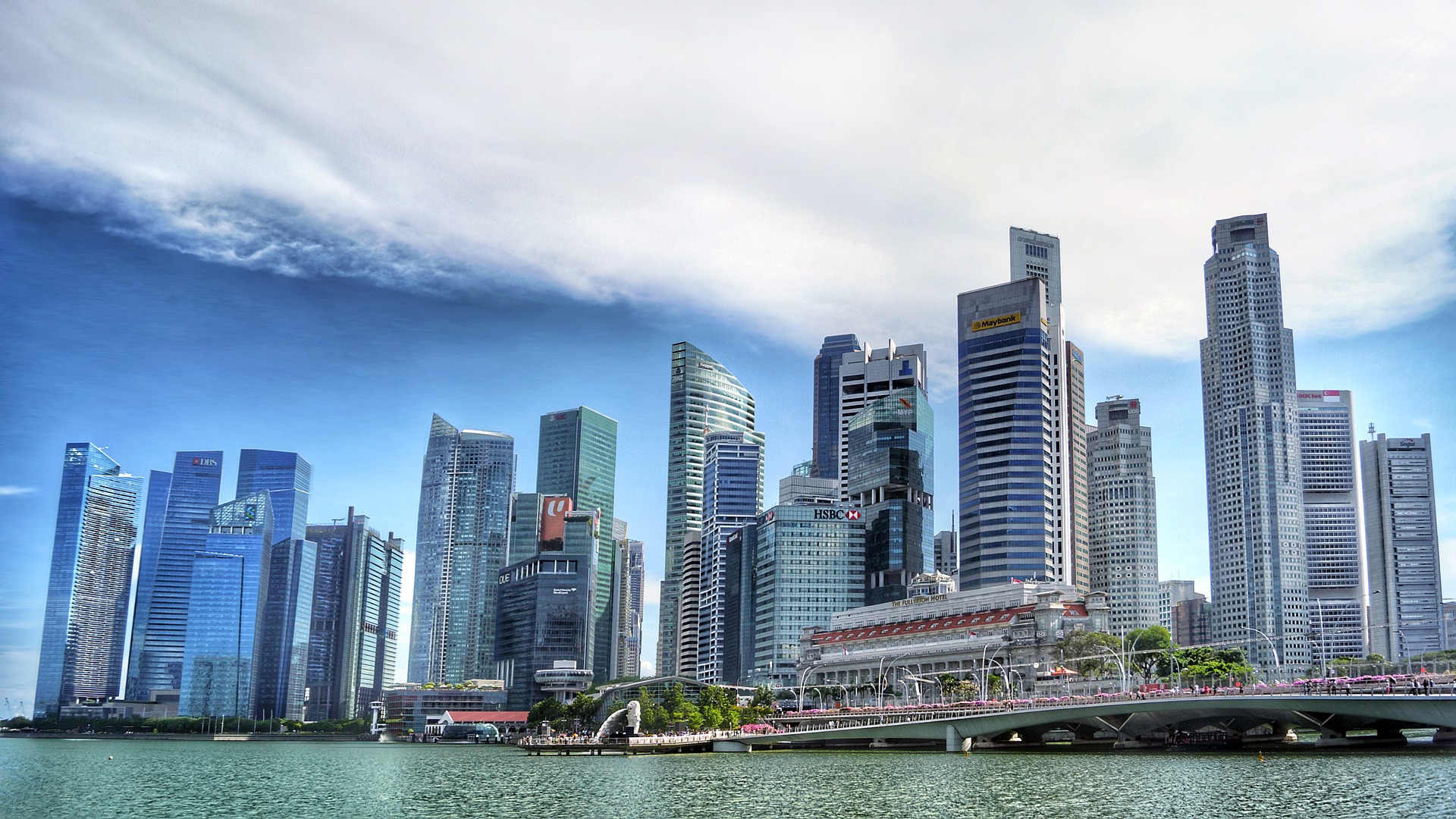Underlining Singapore’s advanced framework, a booming economy, and a strong international standing, its real estate market is bound to seem attractive. At first glance, it seems to offer adequate chances for property investment. However, foreing buyers hoping to invest in the sparkling waters of Singapore real estate are bound to feel lost without a clear structure. Real estate, like any other industry, comes with its own set of rules, policies, and practical actions that need to be followed. Without knowing the legalities involved beforehand, one might very well be lost in the confusion that follows.
The roadmap aims to give the reader a step by step process starting from the basic eligibility criteria all the way to expediting the financing process. This guide allows beginners and experienced clients buying anything ranging from prime commercial real estate to luxury condos to sail through their goal achieving process. No matter your goal, this single guide is designed to help everyone achieve their goal.
Buying Property In Singapore: Is It Available For Everyone?
Attaining real estate properties in Singapore would seem straightforward to outsiders. However, due to the ownership regulations in place to protect the affordability of houses for citizens, many properties remain off-limits. While eligibility criteria for foreign buyers might seem straightforward, it is important to remember a few key details.
1. Residency Status Matters
Owning a permanent residence Singapore allows foreigners to purchase private properties like condominiums and commercial spaces. This policy is also in effect for non-citizens.
Nonetheless, the purchase of government housing like HDB flats is very much limited within Singapore, only accessible to citizens or permanent residents (PRs) under strict eligibility prerequisites.
2. Foreigners Within the Framework of the Residential Property Act (RPA)
The RPA regulates the buying of particular categories of residential properties. Without having received particular clearance from Singapore’s Land Dealings Approval Unit (LDAU), you are prohibited from acquiring landed properties such as bungalows, semi-detached houses, or terrace houses.
Tip: For prospective investors looking to acquire landed properties, consider those located in Sentosa Cove, as these landed properties are exclusively reserved for foreigners.
Explore the Opportunities: Foreigners’ Property Options
Once you determine whether you meet the requirement, the next step is to review items available on the property list. The Singapore real estate market has multiple offers that align with your investment plans.
1. Private Condominiums
Foreign investors mostly prefer purchasing condos. They provide outright luxurious living_spaces and a variety of services which include swimming pools and gyms at no additional requirements for special permissions, making them easily accessible for purchase.
2. Serviced Apartments
Serviced apartments cater to any investors looking to rent out their property on a less traditional schedule, as they provide flexible leasing terms, catering to shifting rental demands.
3. Commercial Properties
Unrestricted purchases are available to foreign buyers for commercial properties which include office spaces, shopping malls, and shophouses.
Moreover, this category of property does not incur the Additional Buyer’s Stamp Duty (ABSD) either.
4. Sentosa Cove Landed Properties
For those whom waterfront living is the epitome of luxury, Sentosa Cove caters to them. Foreigners can buy luxurious landed houses here with the special agreement from the government.
Legal Environment and Boundaries
A nuanced legal consideration is needed when investing in property in Singapore. Here are some boundaries and prerequisites to consider.
1. Minimum Occupancy Period (MOP)
A buyer who is a Permanent Resident must observe the Minimum Occupancy Period of 5 years for selling certain properties like new Executive Condominiums.
2. Restriction on the Number of Owners
Legislation stops non-residents from purchasing several houses in residential areas unless certain criteria are fulfilled.
3. Limitations Regarding HDB Flats
Public housing is mostly prohibited to non residents except under special schemes for PR couples that wish to purchase resale flats.
4. Approval for Other Landed Properties
In order to obtain a landed property (outside of Sentosa Cove) one must apply for approval from statutory authorities to justify your economic or social contribution to Singapore.
Planning Your Property Purchase
As a foreign buyer, arranging a loan can be daunting, but good strategy makes it manageable.
1. Loan-to-Value Ratio (LTV)
Up to 75% of the value is available to secure loans for foreigners depending on the policies of the lending bank and their economic state.
Loan mortgages are easily given to foreign investors by banks such as UOB, DBS, and OCBC.
2. Eligibility Requirements
Without a doubt, there are particular income requirements necessary. Income proof along with other documents such as credit reports and employer verification will always be essential.
3. Currency Considerations
Don’t forget, the difference between the selling and purchasing prices of the currencies is important. Financial consultants may be useful to minimize unfavorable exchange rate movements.
Understanding Taxes and Fees
Buying and selling property in Singapore involves paying extra fees apart from paying the price of the property. Below, let’s outline some of the fees to look out for.
1. Buyer’s Stamp Duty (BSD)
BSD is a tax on the value of the property or its price within the market context used in Singapore and held based on a benchmark for a specific period. Residential properties starting over SGD 1 million are charge over 4% while those under are charged 1% BSD.
2. Additional Buyer’s Stamp Duty (ABSD)
Olther Buyers Royalty Stamp Duty (ABSD) for foreigners purchasing residential properties is steeply set at 60%. This policy explains restriction of stimulating such bombastic investment activities to strengthen Singaporean Singapore economy.
3. Legal Fees and Agent Commissions
These percents conclude they are charge from 1-3% paying as legal professionals far more bolstering defending simulative action.
4. Property Tax
This fixed range varies from ten to twenty percent of the sum value of the property’s annual value. Taxation of the property depends yearly on the kind, level of residence, and rental status of the property.
Identifying the Appropriate Property
Finding a property in Singapore’s real estate market is not complicated by lack of access or affordability. Rather, it is a matter of goal seeking.
1. Hire a qualified expert
A seasoned real estate agent is valuable to broaden your vision and budget. They are bound to know the very details of the market and therefore, help you locate properties that fit your budget and vision.
2. Perform a location trend analysis
The worth of property in Singapore highly depends on location. Keep in mind a business district, transport integration, schools as well as anarea to set your priorities when choosing a place to buy.
3. Inspect property
A good buyer can tour property on the internet. Regardless if it is onsite or virtual, one ought to inspect property before making any purchase decisions. Seeing a listed space makes it clearer to the buyer to evaluate its value as well as its worth of residence.
The Importance of Professional Assistance
A buyer does not need to be well versed with real estate know how to make an intelligent choice, but it is prudent to have real estate experts nearby. In most cases, real estate agents assist buyers with property laws, proper docmentations, and legal requirements one requires for property purchase preparation to complete before actual buying.
In standard procedures, a lawyer clarifies the terms and an agreement and makes necessary changes and an agent undertakes negotiations to endorse compliance with the given market rules.
Advice for Overseas Buyers
Buying into Singapore’s real estate may come off as intricate due to various expectations set for market preparation, however with the right preparatory information, knowledge, and system it becomes easier.
Every step is important, from understanding your eligibility and property options to managing tax implications and financing.
Have a systematic approach to the process. Rely on qualified experts, and stay up to date with current market changes. Careful consideration will help you strategically obtain a portion of Singapore while also making a valuable investment.
Don’t wait any longer – begin your property search now. Your ideal home or an amazing investment opportunity may just be waiting for you!



